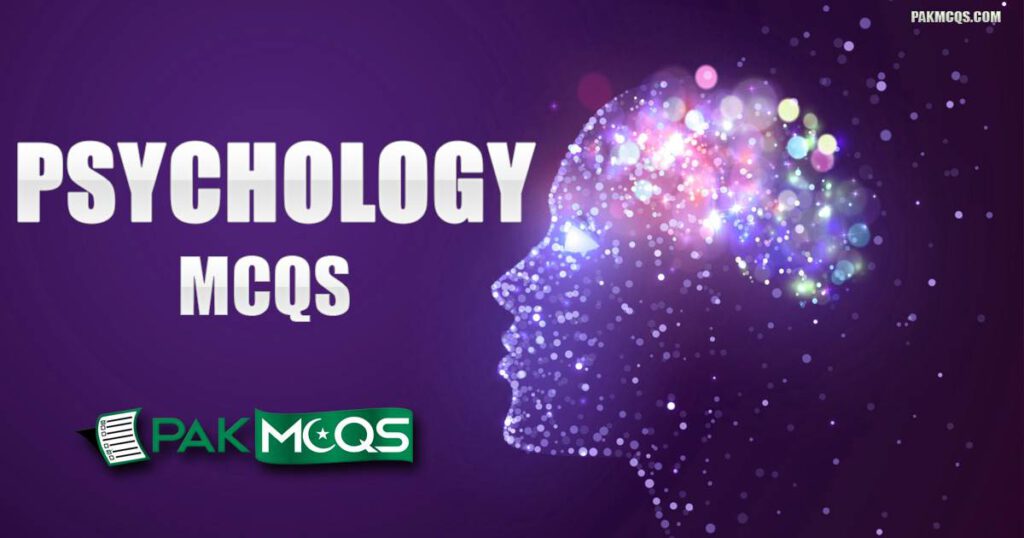A. hallucinations
B. depression
C. personality disorders
D. phobias
Psychology Mcqs
Psychology Mcqs for Preparation – These Multiple Choice Questions are important for Lecturer Psychology, Clinical psychologist, Counselling psychologist, Educational psychologist and Forensic psychologist Jobs tests. Psychology Mcqs questions are very important for all type of exams conducted by Fpsc, Nts, Kppsc, Ppsc, Spsc, Bpsc, Ots, Uts, Pts, Cts, Ats, etea and other testing agencies of Pakistan.
| PSYCHOLOGY MCQS | |||
|---|---|---|---|
| 1. Introduction to Psychology | 2. Emotions | ||
| 3. Therapy | 4. Memory | ||
| 5. Intelligence | 6. Infancy And Childhood | ||
| 7. Health Psychology | 8. Forensic Psychology | ||
| 9. Branches of Psychology | 10. Attitudes, Attributions And Social Cognition | ||
| 11. Adolescence And Adulthood | 12. Abnormal Psychology | ||
| 13. Social Psychology | 14. Sensation And Perception | ||
| 15. Research Methods | 16. Psychology Theories | ||
| 17. Psychological Disorders and their Treatment | 18. Personality | ||
| 19. Organizational Psychology | 20. Nervous System | ||
| 21. Motivation | 22. Methods and Approaches | ||
| 23. Methodology | 24. Major Thinkers in Psychology | ||
| 25. Learning | 26. Language And Thought | ||
| 27. Interpersonal Relations And Group Processes | 28. Industrial Psychology | ||
| 29. Educational Psychology | 30. Developmental Psychology | ||
| 31. Criminal Psychology | 32. Coordination | ||
| 33. Cognitive Psychology | 34. Biological Foundations of Behavior | ||
| 35. Miscellaneous Psychology | 36. | ||
A. operant conditioning techniques
B. psychoanalysis
C. cognitive therapy
D. client – centered therapy
A. multiple – personality disorders
B. major depression
C. schizophrenia
D. bipolar mood disorders
A. can not be stopped by the patient which is why he/she is seeking therapy
B. are signs of an underlying emotional or cognitive problem
C. can be modified directly, through the application of established principles of conditioning
D. should be viewed as the expression of an unconscious sexual or aggressive conflict
A. counterconditioning
B. meta – analysis
C. factor analysis
D. electric therapy
A. Incongruence
B. maladaptive habits
C. transference
D. clarification
A. Steroids
B. Ambulators
C. SSRIs
D. Anti – Delirium Drugs
A. Axis I
B. Axis II
C. Axis III
D. Axis IV
A. Judith Rapoport
B. Bruce M. Hayman
C. Anita Linston
D. Jaffery M. Schwartz
A. An overly mature theme involving a troubled relationship
B. A juvenile theme where the hero does whatever he wants to do
C. A fragmented theme that does not have an actual story line
D. A sad theme involving an emotionally distressed character


